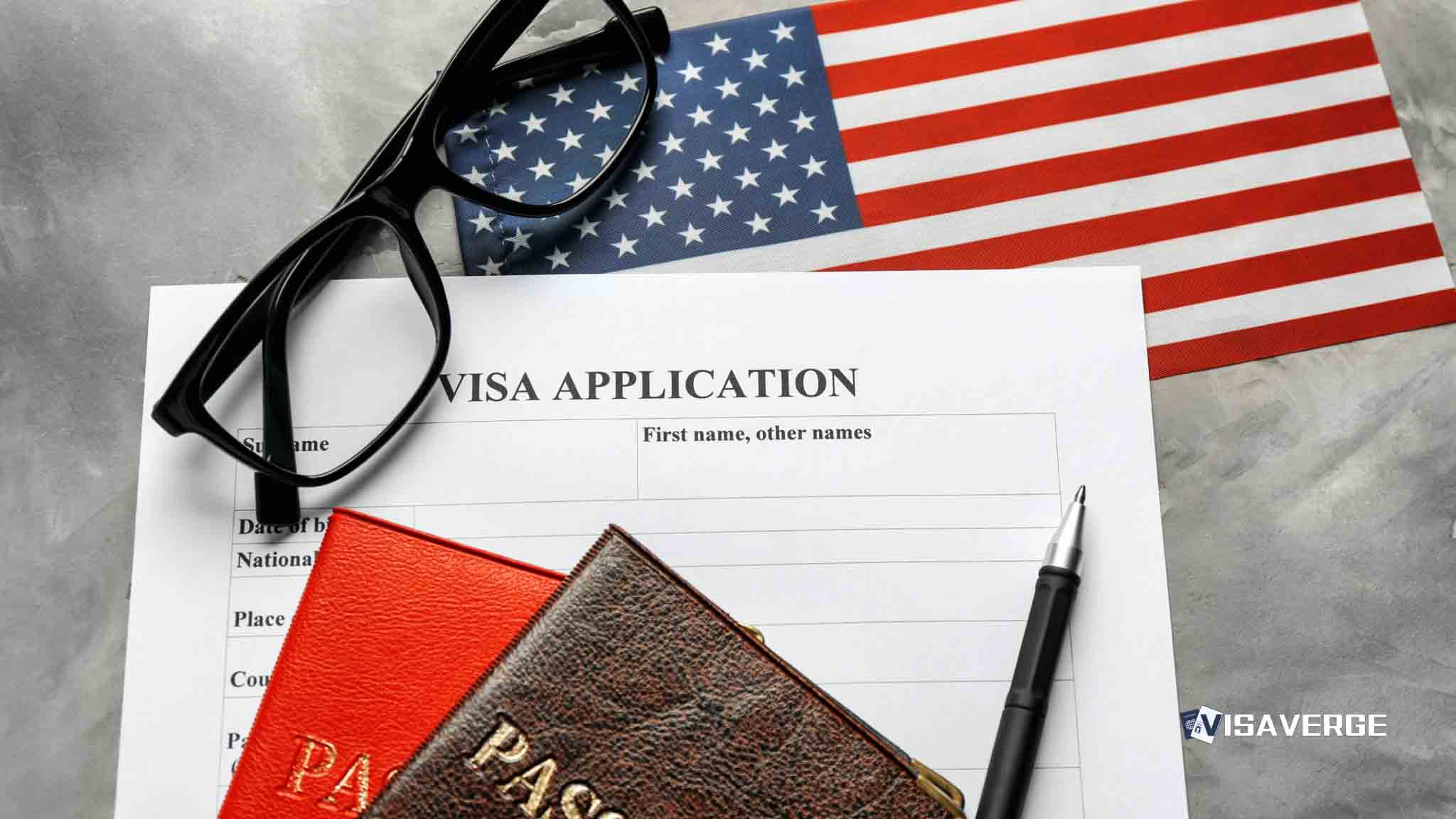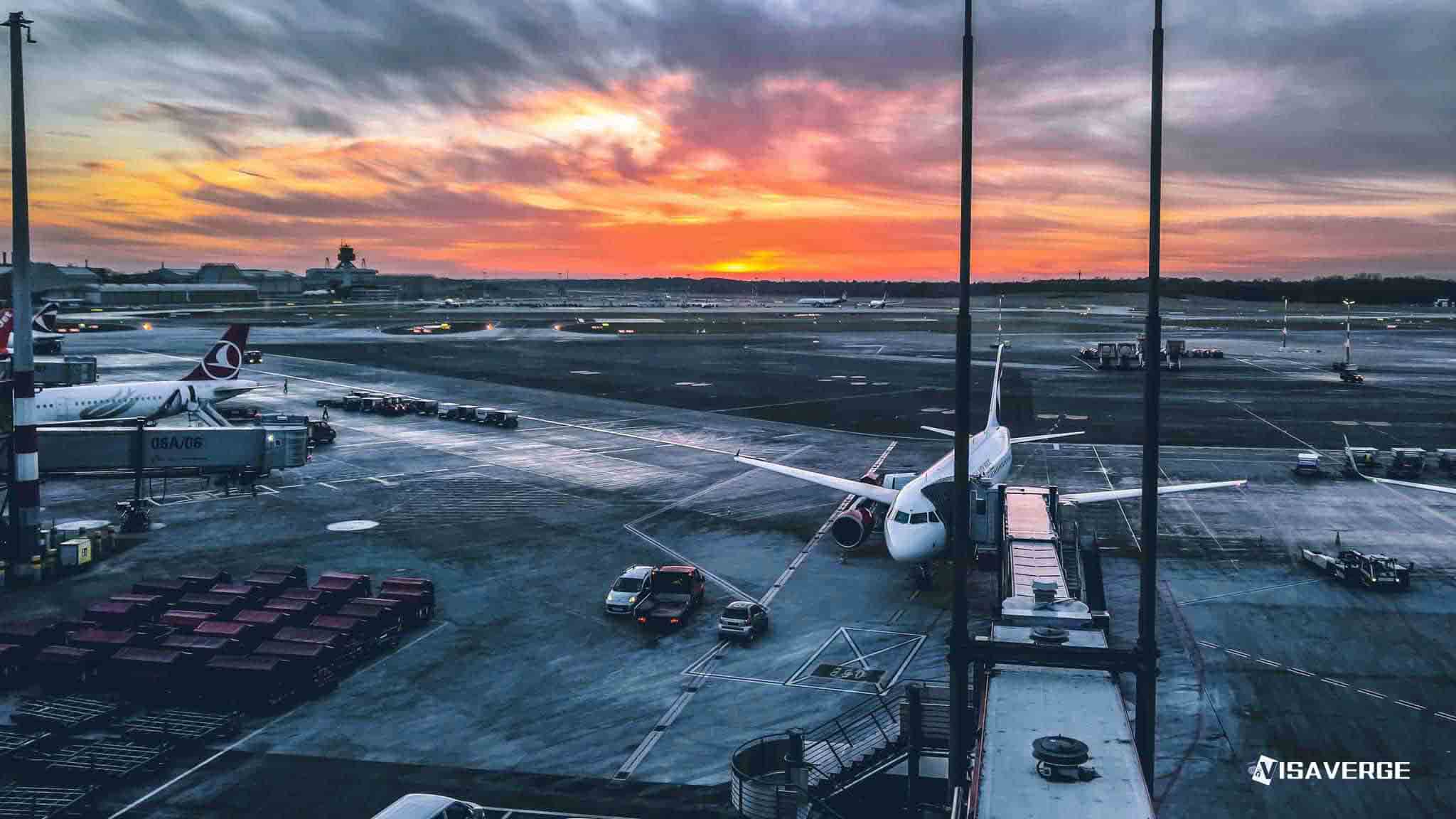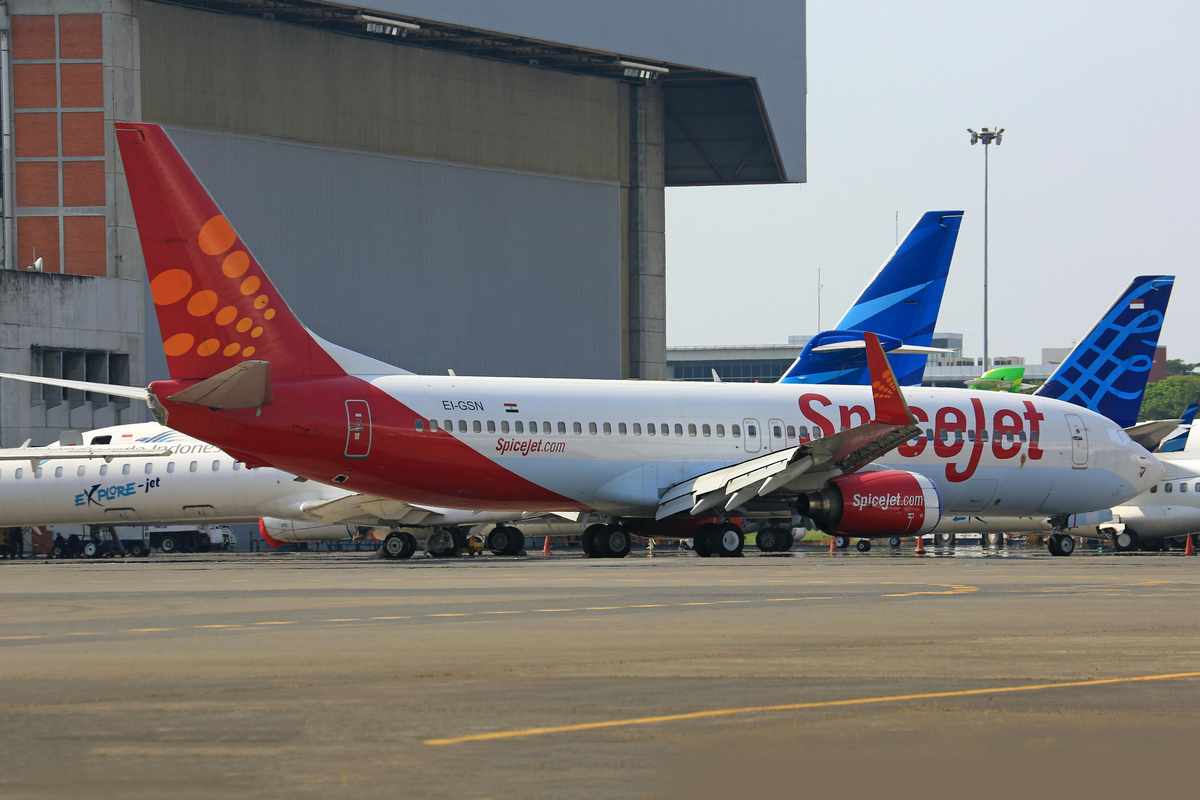(UNITED STATES) With another federal funding lapse on the table, families on the F-2 dependent visa are asking whether their status, extensions, or travel plans will be disrupted. The bottom line: most immigration processing inside the United States continues during a shutdown because U.S. Citizenship and Immigration Services is largely fee-funded. That means F-2 dependents can keep filing the USCIS I-539 to extend or change status, and cases already in the pipeline generally keep moving.
However, visa stamping and new applications at U.S. consulates and embassies abroad may slow or face limited appointments, which can complicate travel.

USCIS processing continues
USCIS does not rely primarily on annual congressional budgets to run its core services, so the agency typically keeps accepting and adjudicating applications during a shutdown. For F-2 spouses and children of F-1 students, that includes extensions and changes of status filed on the USCIS I-539.
- The form is officially titled Form I-539, Application To Extend/Change Nonimmigrant Status.
- It is the standard path for F-2 dependents in the U.S. to request more time or to adjust to another eligible status while remaining in the country.
- Access the form and instructions directly on the USCIS website: Form I-539, Application To Extend/Change Nonimmigrant Status.
According to analysis by VisaVerge.com, families with valid status who file on time can expect USCIS to receive and process their applications during a shutdown, as usual. While individual processing times can vary, the core message for applicants inside the country is steady: USCIS continues to accept and adjudicate F-2-related filings during a funding lapse.
Important points about related agencies:
- Department of Labor shutdowns do not directly affect F-2 dependents.
- Labor Condition Applications (LCAs) and PERM labor certifications may pause or slow, but those are employment-based.
- The F-2 category depends on the F-1 student maintaining status, not on any labor filing.
- In short, a Labor Department pause may stress work-visa routes, but it does not change the rules for F-2 dependents who are in the U.S. and maintaining status tied to the F-1.
Applicants should still follow all normal rules:
- Keep status current.
- File the USCIS I-539 before the current period of stay ends.
- Respond to any USCIS requests by the stated deadlines.
- If you move, update your address so notices reach you on time.
- If you receive a biometrics or interview notice, attend as scheduled unless USCIS reschedules.
Consular services during shutdowns
Outside the country, the picture can be different. During a shutdown, U.S. consulates and embassies generally continue consular services “as the situation permits,” which can lead to fewer visa appointments or slower processing in some locations.
- Some posts may keep normal operations.
- Others may reduce staffing or narrow services based on local conditions and available funds.
The U.S. Department of State explains how services operate during a lapse in funding here: Consular operations during a lapse in appropriations.
Key takeaway: visa issuance abroad may face delays, so plan travel carefully. If you are an F-2 dependent who needs a visa stamp abroad to return to the United States, be ready for the possibility of limited appointments or longer waits.
Travel considerations and risks:
- You risk being stuck outside the U.S. if a local post scales back services after you depart.
- If your I-94 status in the U.S. is current and your needs can be handled through a domestic filing, staying in the U.S. during a shutdown may be the safer choice.
- For many, avoiding non-essential international trips until normal operations resume is the most practical route.
Concrete steps F-2 dependents can take now
- Check documentation before travel:
- Verify your passport and current visa stamp before booking travel.
- Confirm whether a new F-2 visa is needed to return.
- If a new visa stamp is required:
- Review appointment wait times on your chosen post’s website.
- Watch for alerts about reduced services at U.S. consulates and embassies.
- Build extra time into return plans in case visa issuance slows.
- Prepare complete documentation for any visa appointment:
- F-1’s updated Form I-20 with proper endorsement.
- Proof of the F-1’s enrollment.
- Evidence of your relationship to the F-1 (e.g., marriage or birth certificate).
- If you’re in the U.S. and need more time in F-2 status:
- File the USCIS I-539 early and keep copies of all submissions.
What does a shutdown change — and what stays the same?
- Inside the U.S., shutdowns do not cancel status. If the F-1 principal maintains full-time study and status, the F-2 dependent’s status also remains valid.
- Filing deadlines still apply. That means maintaining valid status inside the U.S. is not affected by a shutdown, as long as you follow the rules and submit on time.
- The legal rules for F-2 remain unchanged:
- The bar on work authorization for F-2 dependents still stands.
- An F-2 child’s ability to study in primary or secondary school is unchanged.
- The main practical effect is procedural: slower visa stamping abroad and fewer appointments during the lapse.
Role of schools and DSOs
Designated School Officials (DSOs) can help with:
- Updated Form I-20 entries.
- Travel endorsements.
- General guidance about timing and documentation.
DSOs cannot change consular workloads, but they can ensure your documents are clean and ready, which reduces avoidable delays if you attend a visa interview.
Employer and labor concerns
Employers sometimes worry that a Labor Department stop affects all immigration. For the F-1/F-2 world, that’s not the case:
- A shutdown can pinch H-1B or PERM timing.
- It does not directly impact F-2 dependents, whose status hinges on the F-1 student’s active program and lawful stay, not on employment filings.
Two-lane planning approach
Think in two lanes when planning around a shutdown:
- In-country processes:
- Keep status current.
- File the USCIS I-539 when needed.
- Respond to USCIS notices.
- Expect normal acceptance and continued adjudication.
- Out-of-country processes:
- Expect possible waiting time for visa interviews and visa issuance at U.S. consulates and embassies.
- Avoid non-essential travel if a new visa stamp is required to return.
Final practical advice
- Monitor the chosen consular post’s website and be flexible with travel plans.
- If travel is unavoidable, gather strong documentation, watch for appointment changes, and prepare for possible delays returning to campus or family life.
- If travel can wait, consider postponing until services stabilize.
Shutdowns are stressful, but for F-2 dependents inside the U.S., the core path remains open. USCIS keeps doors open to filings, the legal rules do not shift, and status continues as long as you meet the normal requirements. The primary pinch point is abroad at the visa counter, where limited staffing or fee-based constraints may slow things down. With careful planning and early filings, many families can reduce risk and keep their plans on track.
Important: For the latest forms, processing guidance, and consular updates, rely on official USCIS and Department of State sources linked above and consult your DSO or an immigration attorney for case-specific questions.
Frequently Asked Questions
This Article in a Nutshell
A potential federal funding lapse raises concerns for F-2 dependents, but USCIS—largely fee-funded—generally continues domestic processing, including Form I-539 filings for extensions or changes of status. Inside the United States, F-2 status remains valid if the F-1 principal maintains status, and applicants should file I-539 before their current stay expires and respond to any USCIS requests promptly. The primary risk is abroad: U.S. consulates and embassies may reduce services or appointment availability, causing slower visa stamping and longer waits. Dependents considering travel should verify passport and visa needs, monitor consular appointment wait times, consult DSOs for updated I-20s and endorsements, and build extra time into travel plans or postpone nonessential trips until operations normalize.








